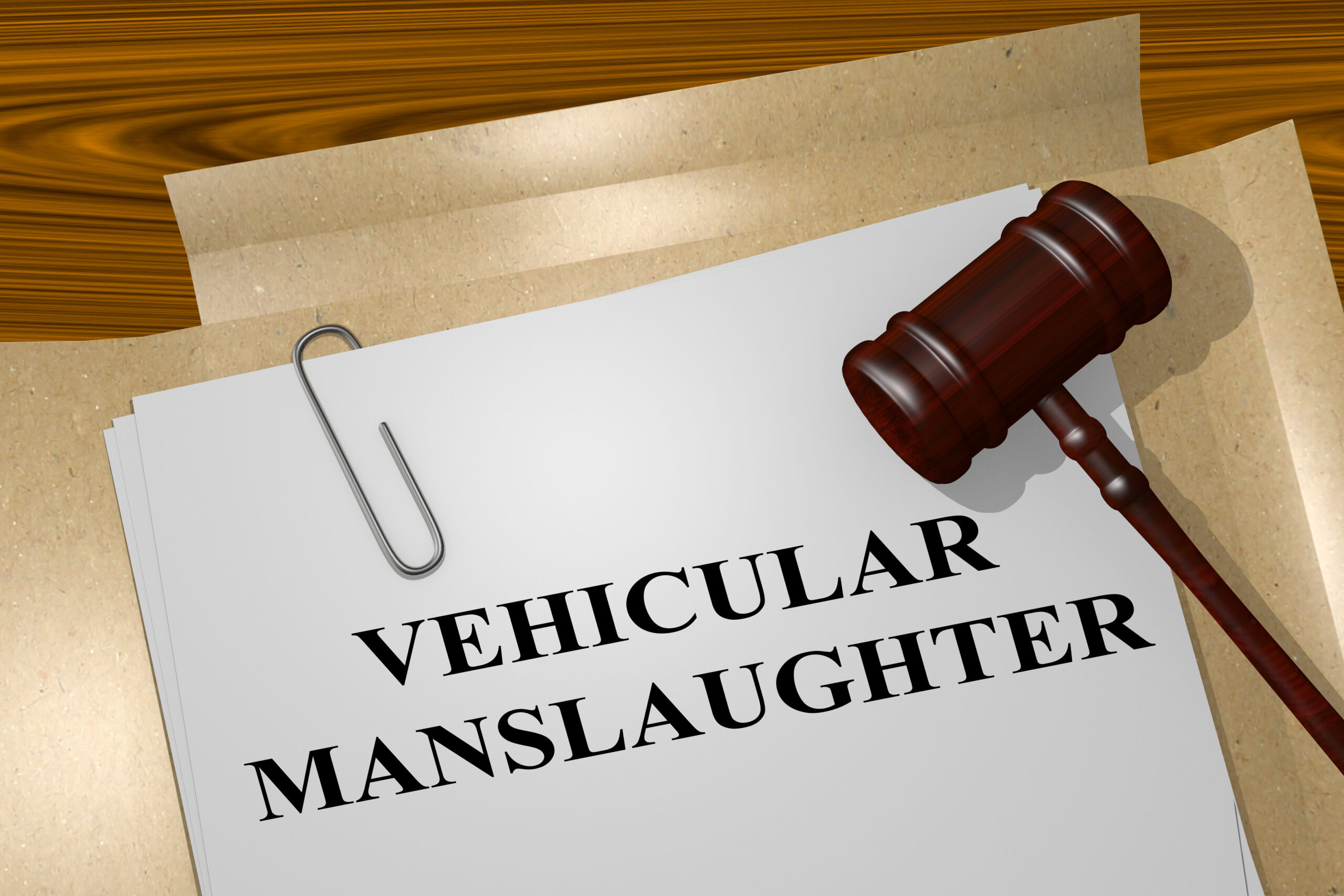Now Reading: Facing Vehicle Manslaughter Charges: Your Right and Next Steps
-
01
Facing Vehicle Manslaughter Charges: Your Right and Next Steps

Facing Vehicle Manslaughter Charges: Your Right and Next Steps
Being charged with vehicle manslaughter is one of the most serious situations a driver can face. Beyond the emotional toll, it brings the weight of criminal proceedings, public scrutiny, and the uncertainty of what lies ahead. The consequences can affect your freedom, career, and reputation, often before a verdict is even reached.
In such a moment, clarity and composure are essential. You need to understand what the charge means, what your rights are, and how to act in a way that safeguards your interests. The decisions made in the first few days after being charged can influence the entire outcome of your case.
Read on to understand your rights and the crucial next steps when facing vehicle manslaughter charges.
Understanding Vehicle Manslaughter Charges
Vehicle manslaughter is among the most serious offenses a driver can face, as it involves the loss of life resulting from unsafe driving behavior. The legal definition, penalties, and circumstances surrounding the case differ depending on state laws, but the gravity of the charge remains the same.
Below are the key aspects that define vehicle manslaughter charges:
- Types of charges: Vehicle manslaughter cases are generally classified as negligent or grossly negligent, depending on how serious the driver’s behavior was. Negligent manslaughter involves careless actions that unintentionally cause a fatal accident, such as failing to yield or misjudging a turn. Grossly negligent manslaughter applies when the driver’s conduct shows extreme recklessness, like excessive speeding or driving under the influence.
- Common causes: Many cases stem from everyday driving errors that lead to tragic results. Examples include texting while driving, falling asleep at the wheel, or driving under the influence of alcohol or drugs. Other instances involve ignoring traffic signals or weather conditions that demand extra caution. Each cause carries its own evidentiary challenges, which can affect how the prosecution and defense approach the case.
- Possible penalties: The punishment for vehicle manslaughter varies, but it can include imprisonment, large fines, probation, community service, and loss of driving privileges. In severe cases, drivers may also face civil lawsuits from the victim’s family. Sentencing depends on factors such as prior offenses, level of negligence, and whether the act involved alcohol or drugs.
Because the legal and personal consequences can be life-changing, seeking professional guidance early is crucial. Working with an attorney experienced in vehicular offenses helps ensure that your side of the story is properly examined. If you’re seeking legal help for criminal charges in Charlotte or in your local area, find a defense lawyer who understands how to evaluate accident evidence and challenge the prosecution’s claims effectively. A knowledgeable attorney can clarify your options and prepare you for the legal process ahead.
Knowing Your Legal Rights
When facing vehicle manslaughter charges, protecting your rights is crucial. Exercising them early can prevent mistakes that may harm your defense later.
The following are some of the most essential legal rights you should be aware of:
- Right to remain silent: You have the legal right to refuse to answer questions from law enforcement without a lawyer present. Speaking impulsively or offering details without guidance can unintentionally harm your case. Exercising this right allows your attorney to control how information is shared, ensuring your defense strategy remains consistent and protected.
- Right to an attorney: This right guarantees that you can have a qualified lawyer represent you through every stage of the process. An experienced criminal defense attorney can review the charges, explain the possible outcomes, and advise you on the best course of action.
- Right to a fair trial: Every person facing criminal charges is entitled to a fair and impartial trial. This includes the right to review the evidence presented, question witnesses, and present a defense before a judge or jury. A fair trial also means that the prosecution must meet the burden of proof beyond a reasonable doubt before any conviction can occur.
Knowing and using these rights can help you maintain a strong position during an investigation and trial.
Immediate Steps to Take After Being Charged
Once vehicle manslaughter charges are filed, your immediate response can influence how your case progresses. The first and most important step is to contact a qualified criminal defense attorney who has handled similar cases. They can assess the details of your arrest, examine the evidence, and start developing a legal strategy that protects your rights from the outset.
After securing legal representation, you should avoid discussing the case with anyone other than your attorney. Conversations with investigators, victims’ families, or even friends can be misinterpreted and used against you in court. Keeping all communications private ensures your lawyer remains the only source of accurate and controlled information regarding your defense.
Next, begin gathering any documentation or material that may support your case. This may include photos of the scene, dashcam footage, or contact details of witnesses who were present during the incident.
Building a Strong Defense Strategy
Creating a solid defense begins with a thorough review of all available evidence and official reports. Your attorney will scrutinize police documentation, witness statements, and accident records to identify errors or inconsistencies that could weaken the prosecution’s case. Small details, such as unclear timelines or incomplete reports, can often play a significant role in shaping a defense strategy.
Once the evidence is reviewed, your lawyer will assess whether your actions meet the legal standard for negligence or recklessness. This step involves examining your driving behavior, road conditions, and external factors that may have contributed to the incident. Establishing that the event was an accident rather than criminal negligence can make a substantial difference in the severity of the charges you face.
Final Thoughts
Facing a vehicle manslaughter charge is one of the most difficult challenges a person can experience. While the situation is serious, understanding the charge, knowing your rights, acting quickly, and working with an experienced attorney can make a meaningful difference in the outcome. Staying calm and taking the right steps from the beginning is your best path toward securing a fair defense.










